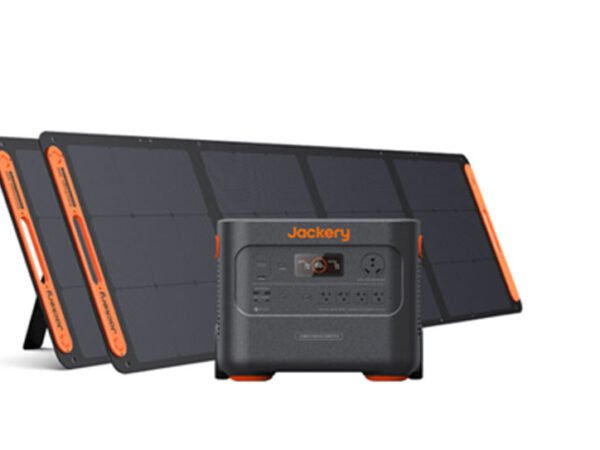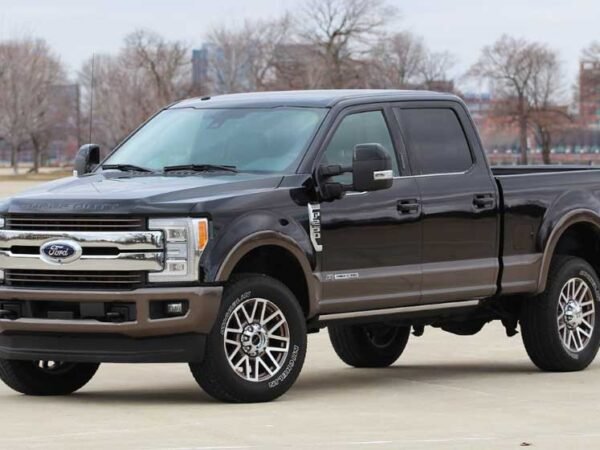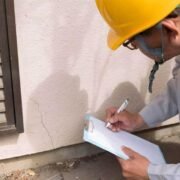Selling used machinery may help free up funds for upgrades or recover part of your original investment. Used machinery dealers will advise you on the types of equipment they buy and how they evaluate machines like CNC milling machines, hydraulic presses, and forklifts. Here are a few factors to evaluate when selling used machinery to dealers:
Review Accepted Machines
Dealers buy and sell various machines used in metalworking. Some dealers specialize in CNC fabrication equipment, while others focus on material handling tools, such as hoists and cranes. You can also find used machinery dealers with large inventories covering press brakes, vertical mills, surface grinders, and other machines. Review the dealer’s listings to see if your machine fits the existing inventory. You can also ask the dealer directly to find out if they accept your machine.
If your machine category is in demand, dealers may be more willing to buy or offer better quotes and quicker purchase timelines. You can check the inventory for similar equipment and brands and compare conditions and pricing. Some dealers may prefer machinery used in manufacturing, maintenance, and handling heavy loads.
Assess Machine Conditions
Your machine’s physical and operational condition directly influences the offer you’ll get and whether the dealer will buy it. The dealer will check the mechanical parts to see if the machine works. They also check for leaks, rust, worn belts, missing parts, and loose components. Whether you have an air compressor or a sheet metal shear, having it in good working condition will impact the offer you get. Verify if the dealer has any information about acceptable conditions. Inspect your machine thoroughly, repair minor issues, and replace simple components. You should also schedule necessary maintenance to fasten loose components and lubricate moving parts. The machine should be able to run with minimal servicing. Clean the equipment and repaint panels or replace filters if necessary to raise the machine’s value.
Provide Legitimate Paperwork
Machinery dealers may require a range of documents before finalizing the purchase of used equipment. Documentation such as service logs, original purchase receipts, user manuals, and proof of ownership is commonly requested. For specialized machines like welding equipment or lathes, additional records — such as calibration certificates and part replacement histories — may be useful. These materials help verify the equipment’s authenticity, confirm it has been properly maintained, and make sure there are no outstanding liens or ownership disputes.
The absence of proper documentation can lead to delays or reduce the resale value, as dealers typically need to confirm legal ownership and verify a clear transfer process. Without the necessary records, this verification can become more complex. If any original documents are missing, reaching out to the equipment’s manufacturer or previous seller may provide a way to obtain replacements. Maintaining organized, complete documentation can contribute to a smoother and faster transaction. A transparent maintenance and ownership history often leads to quicker evaluations and more accurate appraisals. Dealers may have specific requirements, so it’s a good idea to confirm which documents are needed for the type of equipment being sold.
Verify Logistic Agreements
Before completing the deal, confirm who handles pickup, loading, and transport. Some dealers offer full pickup services for H-frame presses, horizontal saws, and other heavy machinery. Others allow you to deliver the machines to specific pickup locations or their warehouses. Check the terms or ask the dealer to clarify how pickup is handled to avoid confusion. Proper coordination helps prevent potential damage or delays during shipping.
Discuss payment procedures and methods to identify options that offer the security you need. Logistics and other sale arrangements can vary depending on the dealer and may be open to negotiation, especially if you’re handling delivery yourself. Take time to read the agreement, paying attention to return policies and any terms that might affect logistics or related responsibilities.
Find Used Machinery Dealers Today
Selling used machinery involves negotiating the best price, which depends on various factors. The machine’s condition and operability are the priorities, and dealers also review the lifespan and maintenance history. Other factors, such as pickup location and equipment weight or size, may also affect your negotiations. Contact used machinery dealers today to find out more about their available offers and services.













